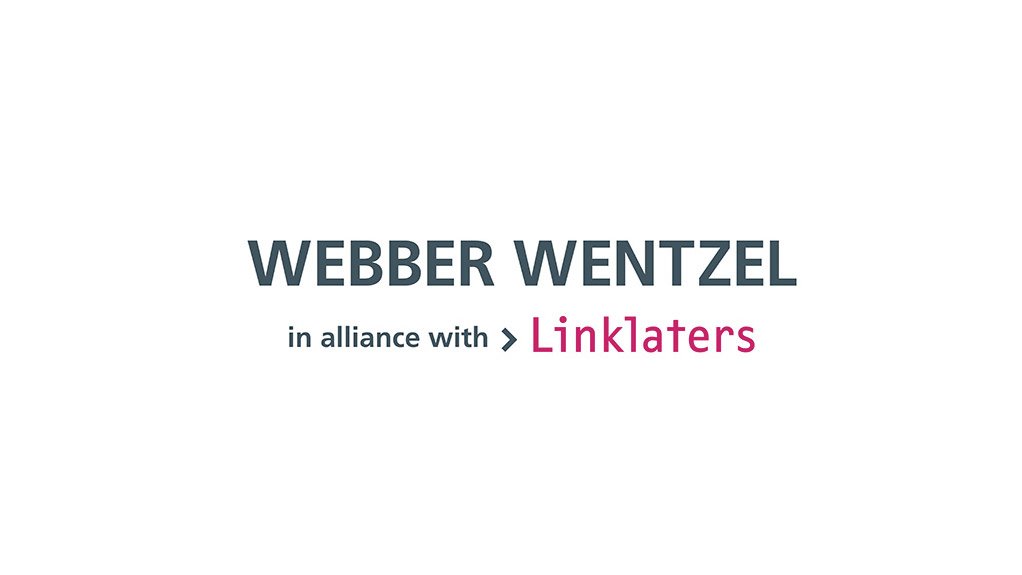The question of what is an "employee" for purposes of claiming the employment tax incentive (ETI) will be the subject of a test case at the Tax Court from 20 to 24 May 2024. Hundreds of employers under audit or in disputes with the South African Revenue Services (SARS) wait with bated breath for the outcome of this case where SARS argues that an employer only qualifies to claim ETI for individuals who "worked for" the employer.
The draft Guide to ETI suggests that SARS adopts a narrow interpretation of "employee" in the context of claiming ETI under the Employment Tax Incentive Act 26 of 2013 (ETI Act). An individual must "work for" the employer claiming the ETI in the sense that the individual must perform work directly for the benefit of the employer and must carry out integral essential work of the business of the employer.
It appears that in SARS' view, an employer who has seconded its employees to a client and where its employees work at the client's premises and is subject to the supervision and control of the client does not qualify to claim ETI. In other words, labour brokers are not entitled to claim ETI. We note that the definition of "employee" in the ETI Act was amended to delete "directly" to allow labour brokers or temporary employment service (TES) providers to be the "employer" following the Assign Services (Pty) Ltd v NUMSA Constitutional Court decision (2018 (5) SA 323 (CC)).
The question then arises: if the labour broker/TES is not the employer for ETI purposes, is the client of the TES the employer and can the client claim the ETI? SARS' arguments in the VAT case of Citibank NA South African branch and another v CSARS [2024(1) SA 429 (GP)] suggest the likely answer is no.
The applicants hosted secondees employed by foreign Citibank entities. The applicants accounted for payroll taxes to SARS but the net after tax amounts were paid by the foreign Citibank entities to the individuals.
The applicants applied to the Gauteng High Court for an order that payments made by them to the foreign entities were reimbursements of salary costs of the applicants' employees paid on their behalf by the foreign entities. These payments were thus exempt from VAT.
SARS argued that there was no evidence that the secondees were under the supervision and control of the applicants and that tax statutes define "employee" differently from labour law. As such, the secondees were not employees for purposes of the Fourth Schedule or the VAT Act. The applicants did not pay remuneration for services provided by the secondees as their employees but a service fee to the foreign entities for a service.
Ultimately, the court held that the applicants did not lead any evidence to prove that the secondees were under the supervision and control of the applicants and the application for the order was unsuccessful.
Perhaps there was a lack of evidence in this case, it is hard to say from the judgement. However, in a typical secondment agreement, the host entity's policies and procedures would apply to the secondee. The typical secondee would also usually be subject to the supervision and control as to hours, place of, type and nature of work as determined by the host entity. This is usually the purpose of a secondment assignment, the secondee is assimilated into the host entity's business. In our view, these factors indicate that the host entity has supervision and control over the secondee.
The foreign entities probably did not appoint the applicants to be their representative employers in South Africa. This is because the net salary and benefits were paid directly to the secondees by the foreign entities, hence the need for reimbursement payments by the applicants to the foreign entities. There is therefore probably no need for any pay-as-you-earn (PAYE) to be accounted for by the applicants on behalf of the foreign entities as employer.
It appears inequitable that SARS would, on the one hand, accept payments of PAYE, skills development levies (SDL) and unemployment insurance fund contributions (UIF) for these individuals when there should arguably be none paid and on the other, argue that these secondees were not employees of the applicants because they were not under their supervision and control.
A similar conundrum arises in the ETI test case. SARS holds the view that the individuals were not employed by the employer/TES or the client. The individuals were not their "employees" for ETI purposes. Yet SARS has for years accepted the PAYE, SDL and UIF on the remuneration paid by the employer to SARS for these individuals.
Written by Joon Chong, Partner at Webber Wentzel
EMAIL THIS ARTICLE SAVE THIS ARTICLE ARTICLE ENQUIRY
To subscribe email subscriptions@creamermedia.co.za or click here
To advertise email advertising@creamermedia.co.za or click here











